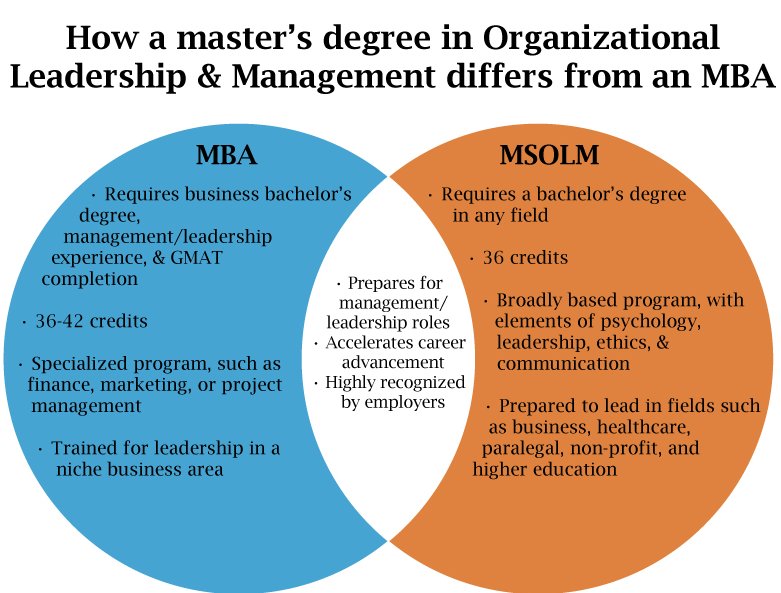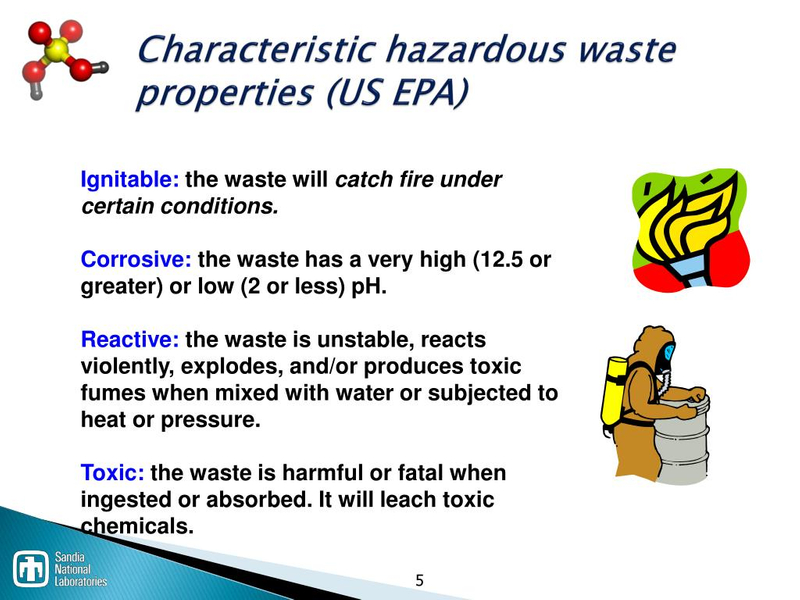
Organizations can face many operational risk. Human factors, such as misconduct, can lead to major disruptions. This includes misconduct, mistakes with large consequences, and internal fraud. Operational risk executives put human factors first in their risk assessment. They look out for failures within business units. These failures can result from a lack in compliance, poor competency, and attrition of key staff.
Fraud
Fraud has been a growing concern for the banking sector. According to the OCC, nearly 40 percent of mid-sized and large digital financial services organizations will experience an increase in fraud by 2020. Internal fraud includes asset misappropriation and tax non-compliance. Bribes are also possible. Check fraud, system breaches, data theft, and check fraud are all examples of external fraud. With increasing transaction volumes and sophisticated criminal fraud tools, fraud risk has increased. This is not only detrimental to banks but also disrupts bank operations.
Banks are faced with new risks, which require specialized knowledge. Understanding new vulnerabilities, fraud typologies, first-line processes, and how to manage fraud risk is one example. It also involves oversight of conduct risk, which includes knowledge of gameable system and nontransparent messages.

System failures
There are two main types of operational risks. The first category is the risk that an operation will fail. There are many ways this risk could occur. A system can fail because of power fluctuations. This could cause data to be lost. This could cause financial data or bank transactions to be lost. A virus attack may also lead to system failure. It can cause data loss or complete destruction. The final reason a system might fail is due to an external event like a natural disaster or human error.
Companies with solid business continuity plans will be able to respond to operational risks. You can include a plan of disaster recovery in your plans, in case the primary system goes down. This plan will ensure that all measures are taken to protect the company in case of disaster.
Terrorism
Terrorism's operational risks pose many management challenges. Terrorists are unpredictable and often change, making it difficult to anticipate their behavior. There are ways to minimize the risk. The first step is to build an intelligence capability. This capability is useful in identifying the risk parameters and determining the appropriate risk/reward ratios. This capability can also be used to predict the likelihood of terrorist attacks. An organization can be more rational and practical once it understands these parameters.
Many countries face increasing operational terror risks. Increasing globalization, technological change, and networked societies have created new vulnerabilities for terrorists. These threats can be countered by governments that have the ability to gather intelligence, better understand the threat environment and cooperate with their municipal counterparts. The Canadian Association of Chiefs of Police includes a Counterterrorism & National Security Committee, which is made up of top officials from the RCMP and other provincial and municipal police forces throughout Canada.

Claims for employee compensation
Employee compensation claims may be filed if there are operational risks at the workplace. These claims can cost the company money. Inexperienced employees are less likely to be injured or lost workdays, making them a desirable candidate for compensation. Prime Insurance Company will help you identify the risks that should be considered.
Professional claims management positions require the ability to manage unique claims, analyze loss exposures and underwrite claims. Claims management specialists assess the economic impact on a claim and develop strategies to solve it. They also complete all documentation that is required for benefits award. They may testify at court and provide functional expertise.
FAQ
How does a manager motivate their employees?
Motivation is the desire for success.
Engaging in something fun can be a great way to get motivated.
Or you can get motivated by seeing yourself making a contribution to the success of the organization.
You might find it more rewarding to treat patients than to study medical books if you plan to become a doctor.
Another type of motivation comes from within.
One example is a strong sense that you are responsible for helping others.
Perhaps you enjoy working hard.
If you don’t feel motivated, find out why.
Then try to think about ways to change your situation to be more motivated.
How can we make our company culture successful?
A positive company culture creates a sense of belonging and respect in its people.
It's built on three fundamental principles:
-
Everyone has something to contribute
-
People are treated with respect
-
Individuals and groups can have mutual respect
These values are evident in the way that people act. They will show consideration and courtesy to others.
They will respect other people's opinions.
They will also encourage others to share their ideas and feelings.
Additionally, the company culture encourages open communication as well as collaboration.
People feel comfortable expressing their opinions freely without fear of reprisal.
They understand that mistakes can be forgiven as long as they're dealt with honestly.
Finally, the company culture promotes honesty and integrity.
Everyone understands that the truth is always best.
Everyone understands that there are rules and regulations which apply to them.
And no one expects special treatment or favors.
What are the four main functions of management?
Management is responsible to plan, organize, direct, and control people and resources. It includes creating policies and procedures, as well setting goals.
Management assists an organization in achieving its goals by providing direction, coordination and control, leadership, motivation, supervision and training, as well as evaluation.
These are the four major functions of management:
Planning - This is the process of deciding what should be done.
Organizing: Organizing refers to deciding how things should work.
Directing - Directing is when you get people to do what you ask.
Controlling - Controlling means ensuring that people carry out tasks according to plan.
How do you manage employees effectively?
Effectively managing employees requires that you ensure their happiness and productivity.
This includes setting clear expectations for their behavior and tracking their performance.
Managers need clear goals to be able to accomplish this.
They need to communicate clearly and openly with staff members. They need to communicate clearly with their staff.
They will also need to keep records about their team's activities. These include:
-
What was achieved?
-
How much work was put in?
-
Who did it, anyway?
-
Was it done?
-
Why did it happen?
This information is useful for monitoring performance and evaluating the results.
What are the five management processes?
The five stages of a business include planning, execution (monitoring), review, evaluation, and review.
Planning involves setting goals for the future. Planning involves defining your goals and how to get there.
Execution is when you actually execute the plans. Everyone involved must follow them.
Monitoring is the process of evaluating your progress toward achieving your objectives. Regular reviews should be done of your performance against targets or budgets.
Each year, reviews are held at the end. These reviews allow you to evaluate whether the year was successful. If not, changes may be made to improve the performance next time around.
After the annual review, evaluation takes place. It helps to identify what went well and what didn’t. It also provides feedback on how well people performed.
Statistics
- This field is expected to grow about 7% by 2028, a bit faster than the national average for job growth. (wgu.edu)
- The BLS says that financial services jobs like banking are expected to grow 4% by 2030, about as fast as the national average. (wgu.edu)
- The average salary for financial advisors in 2021 is around $60,000 per year, with the top 10% of the profession making more than $111,000 per year. (wgu.edu)
- Our program is 100% engineered for your success. (online.uc.edu)
- As of 2020, personal bankers or tellers make an average of $32,620 per year, according to the BLS. (wgu.edu)
External Links
How To
How do I get my Six Sigma certification?
Six Sigma is an effective quality management tool that can improve processes and increase productivity. It is a method that enables companies to achieve consistent results with their operations. The name is derived from the Greek word "sigmas", which means "six". Motorola was the first to develop this process. Motorola realized they needed to standardize the manufacturing processes to produce products faster and cheaper. They had been having problems with consistency because of the many different people who were doing the work. They used statistical tools such as Pareto analysis, control charts, and Pareto analysis to resolve the problem. They would then apply these techniques to all aspects of their operation. This would allow them to make any necessary changes. There are three main steps to follow when trying to get your Six Sigma certification. Find out if you are qualified. You will need to complete some classes before you can start taking the tests. Once you pass those classes, the test will begin. The class material will be reviewed. Then, you'll be ready to take the test. If you pass, you'll get certified. Finally, you will be able add your certifications onto your resume.